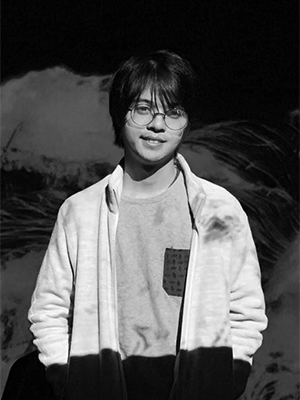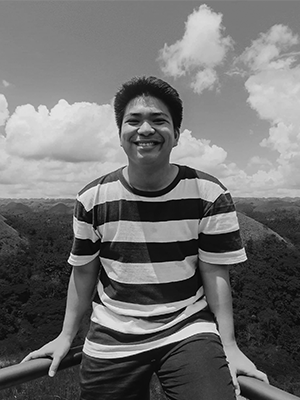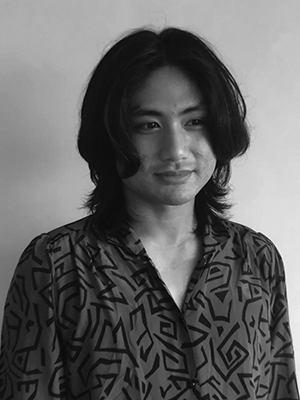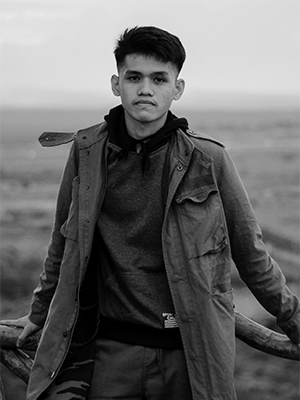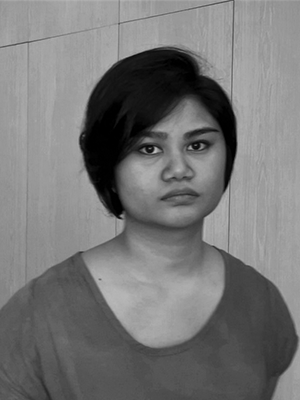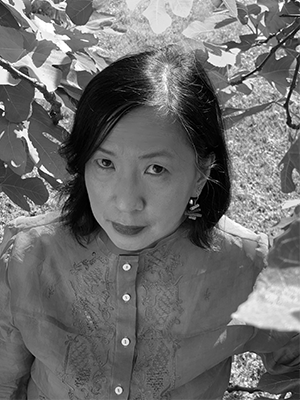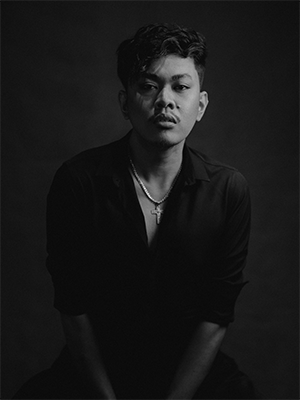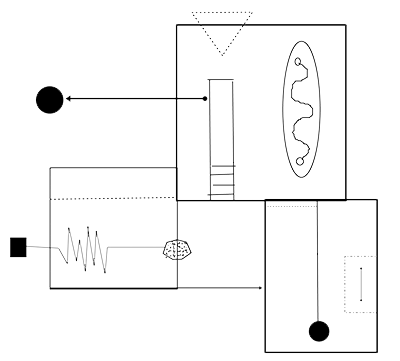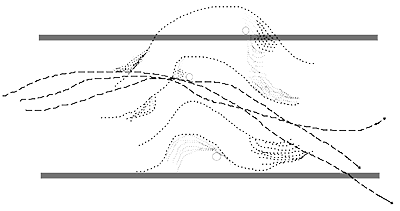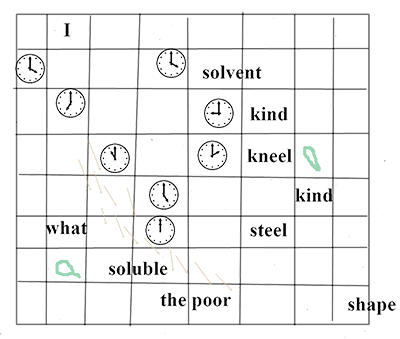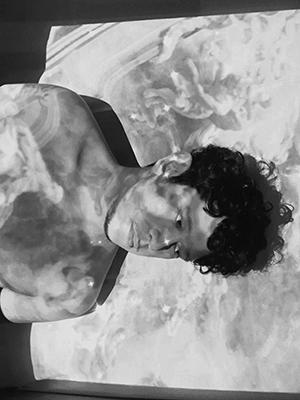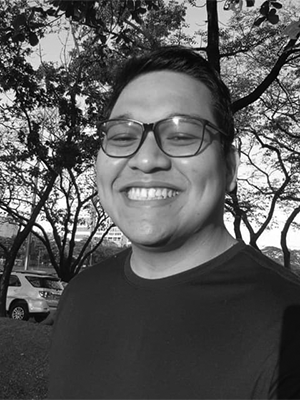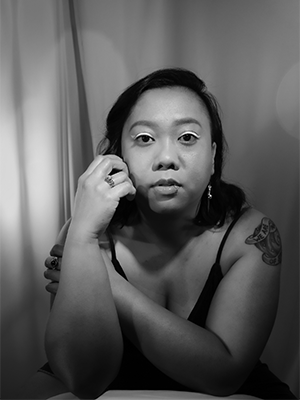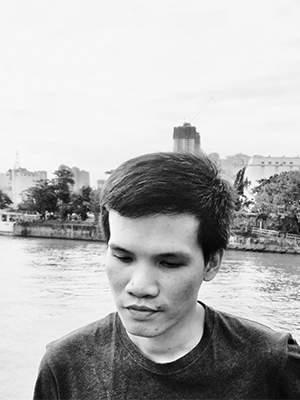Abo
Ina Barrameda
A note from the author: This poem deals with sexual violence, an all-too-common reality for many women in the Philippines and throughout the world. While it is an issue that certainly requires more attention, I acknowledge that this content could be emotionally upsetting, and even triggering, for some readers.
Abo
Naaalala mo pa ba ’yung unang beses ka na sinabihang, tiisin mo na lang? Ngumiti ka naman. Huwag kang aayaw. Pigilan-mo-ganda. Sanayan-lang-yan-ganda. Pagpasensyahan-mo-na-ganda. Paano kung sumabog ang bulkan? Mga batong nagsisihulog, mundong lumiliyab, Amoy mo ang sulpuriko sa balat niya. Huwag kang aayaw. Isa sa tatlong babae ang napapasailalim Habang iniipit ka niya Sa pisikal o sekswal na karahasan Dumadaloy ang lahar Mula sa isang matalik na kapareha o Ang mga kamay na humahawak Sekswal na karahasan mula sa hindi matalik na kapareha Ay putik na kumukulo at umaapaw. Ang alaala ay ulap, maitim at mainit Kaya pakitodo ang aircon sa biyahe pauwi. Hanggang dito, kaya pa ba? Hindi-tayo-nagkaintindihan-ganda. Iniisip-mo-lang-yun-ganda. Ginusto-mo naman-ganda. Anong gagawin ko sa libo-libong Gandang naipon sa kapipiga ng tiis Kung sa abo lang rin pala lahat mauuwi? Mahigpit akong kumakapit Sa bawat alaala kahit humupa na Ang usok, hindi ako ngingiti. Ang lupain ay patag at tahimik Ngunit dala-dala ko ang natitirang baga, Ang balat ko ay mainit-init pa rin.
*
The italicized lines are excerpted from “Devastatingly pervasive: 1 in 3 women globally experience violence,” World Health Organization, March 9, 2021, https://www.who.int/news/item/09-03-2021-devastatingly-pervasive-1-in-3-women-globally-experience-violence/.




